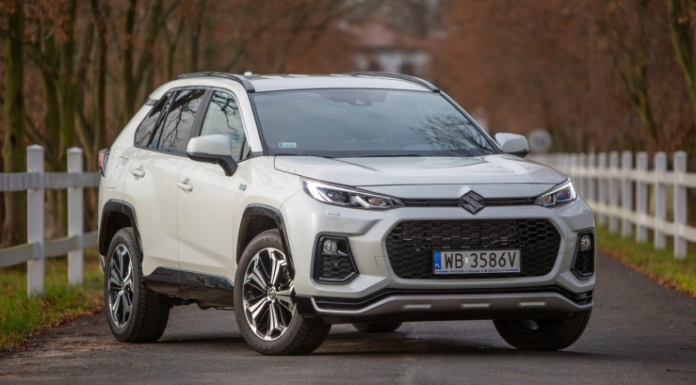As part of the transition to a cleaner environment, some manufacturers are working to introduce all-electric vehicles. However, other manufacturers have chosen a slightly different path. For instance, Japanese automakers Toyota, Honda, and Maruti Suzuki are preparing to introduce hybridised models before the eventual transition to battery electric vehicles.
With the facelifted Ertiga and XL6, Maruti Suzuki India Limited (MSIL), in particular, has been vocal about this specific technology. To back up its words, the company unveiled the new 1.5-liter K15C four-cylinder mild-hybrid petrol engine.
The Brezza compact SUV, which was recently released, uses the same powertrain.
The Toyota Urban Cruiser Hyryder and its sibling, the Maruti Suzuki YFG, both scheduled to make their debuts in the third week of this month, will also offer it. By the middle of this decade, MSIL hopes to introduce its first entirely electric passenger car in partnership with Toyota.
The country’s largest automaker, whose S-CNG lineup has recently experienced rapid expansion, is also placing a significant wager on CNG technology.
As mild hybrids, strong hybrids, bio-CNG, and ethanol fuels gain attention in order to meet the CAFE (Corporate Average Fuel Economy) standards, the Indo-Japanese brand is now aiming for a sizable pie in a different market. According to CV Raman, Chief Technology Officer (CTO) at Maruti Suzuki, switching to strong hybrid technology will cut CO2 emissions by 30% when compared to conventional ICEs and by about 20% when CNGs are taken into account. MSIL will research the market over the following three to five years and develop new technologies in accordance with customer demands. Maruti Suzuki, he continued, “will gradually bring strong hybrids across our range of vehicles by the next 5-7 years,” The total tax incidence on hybrid vehicles is currently 43 per cent and BEVs attract only about 5 per cent tax, and Raman believes hybrid tech should be “given its due”
The brand is also developing different battery chemistries as it is on track to introduce E20-based vehicles, having a blend of 20 per cent ethanol and 80 per cent petrol, next year.

